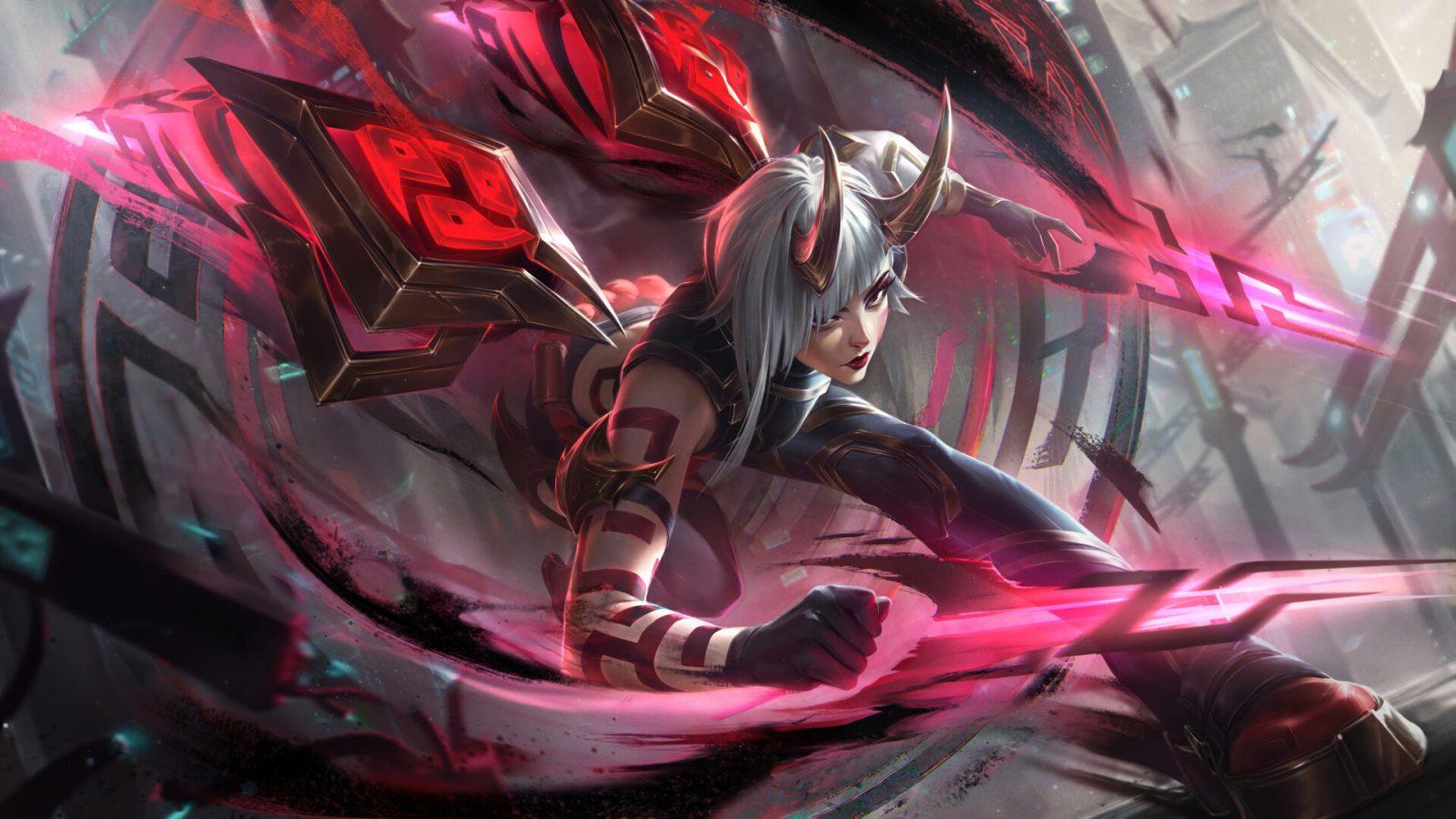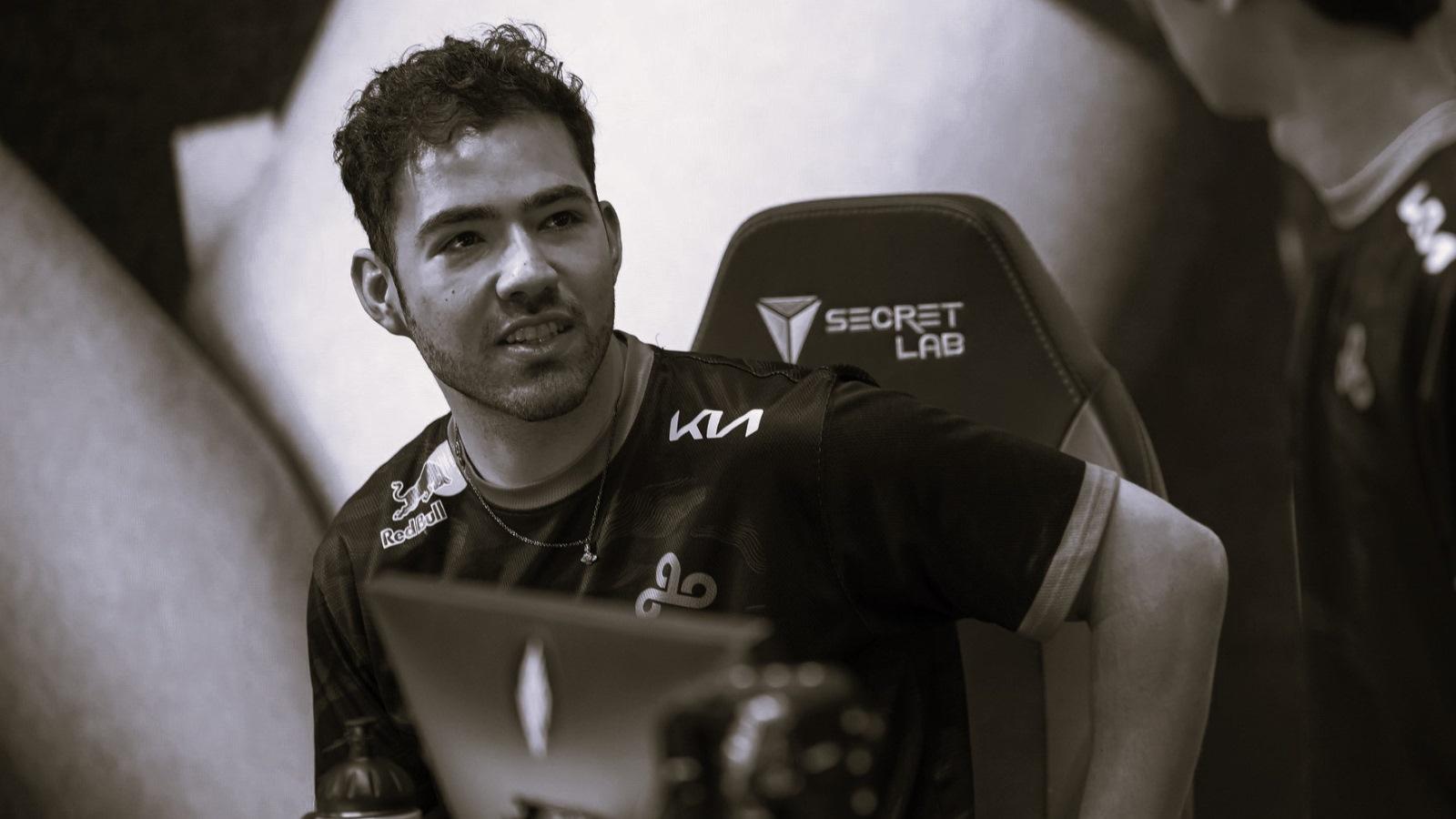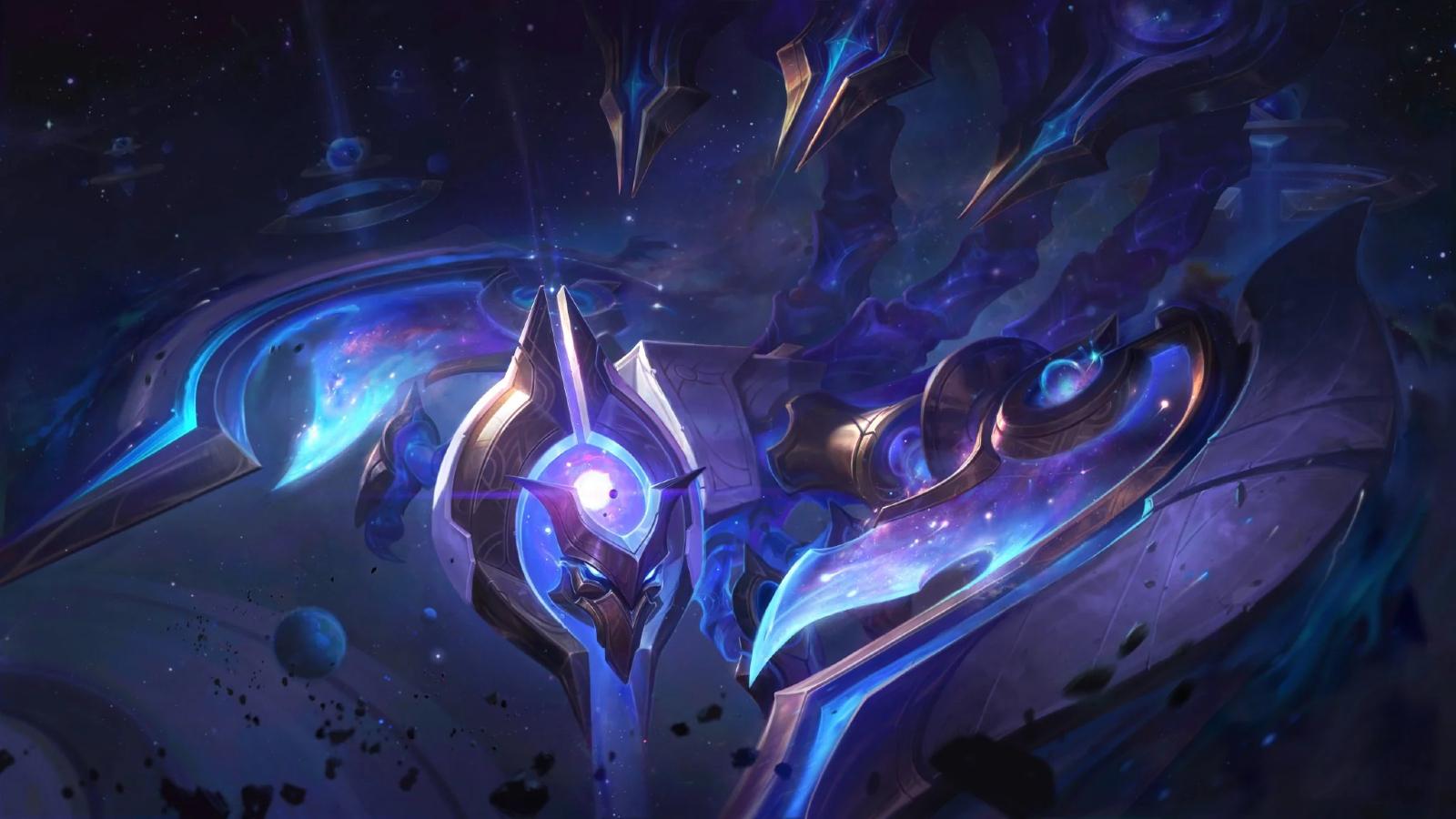The problem with the LCS Lock In tournament
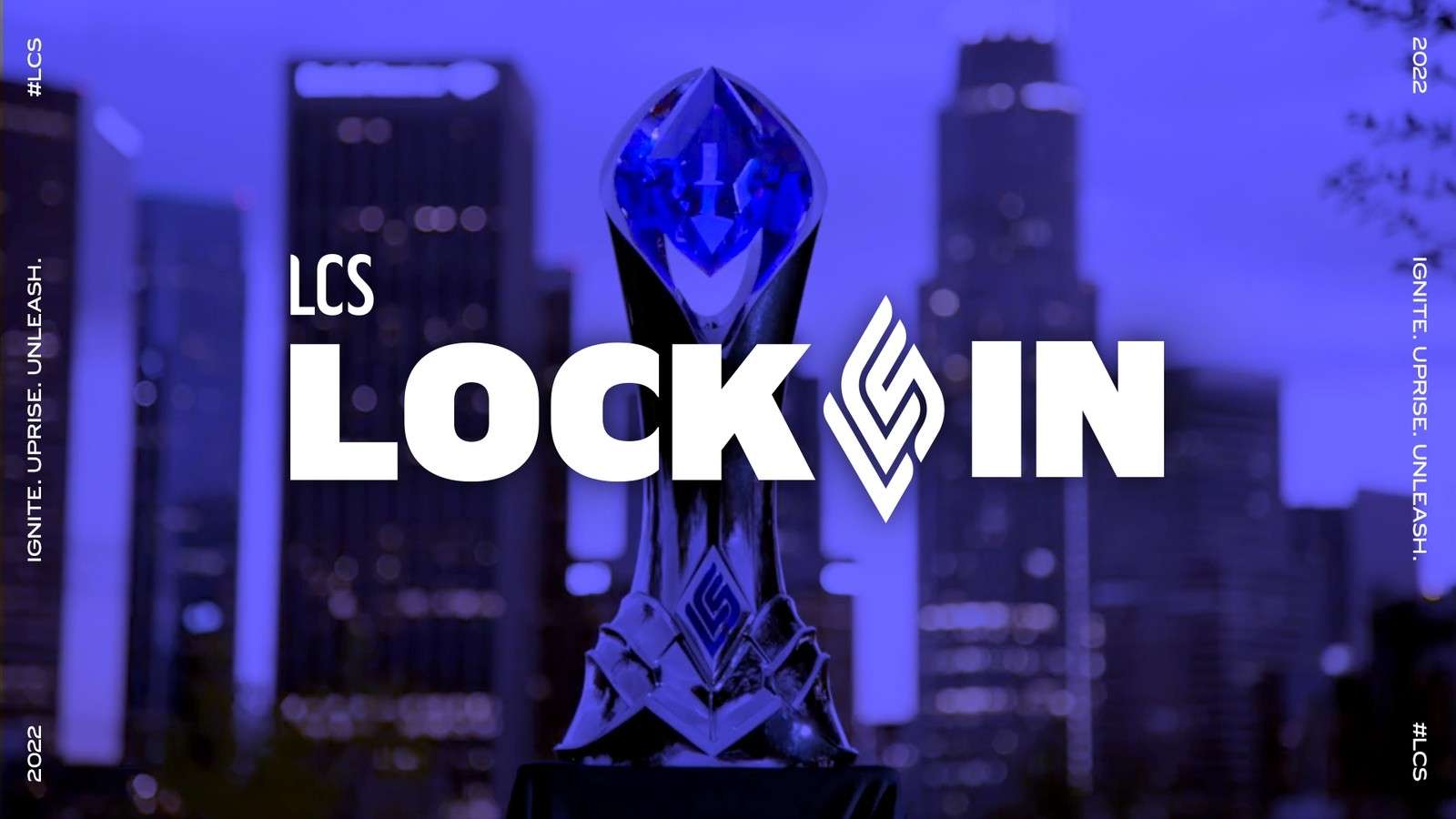 Riot Games
Riot Games For the second year in a row, the LCS Lock In tournament will see multiple teams field academy rosters and substitute players.
Introduced in 2021, the format was designed to “help develop NA” into a more competitive region, after the LCS had experienced one of its poorest international performances at the 2020 World Championship.
It involved the introduction of a four-week ‘Lock In’ tournament at the start of the split, and the renaming of the Spring Split playoffs to become the ‘Mid-Season Championship’. The changes were designed to make NA more competitive internationally, but in reality, they have changed almost nothing about the region’s landscape.
The first games of the year now mean even less than they did.
Multiple LCS teams aren’t competing using their main rosters, with visa issues and the ongoing global health crisis meaning that at least Golden Guardians, Dignitas, TSM, Cloud9, and Team Liquid will be using part or all of their academy roster in the first tournament of the year.
Why aren’t LCS teams more concerned with the LCS Lock In?
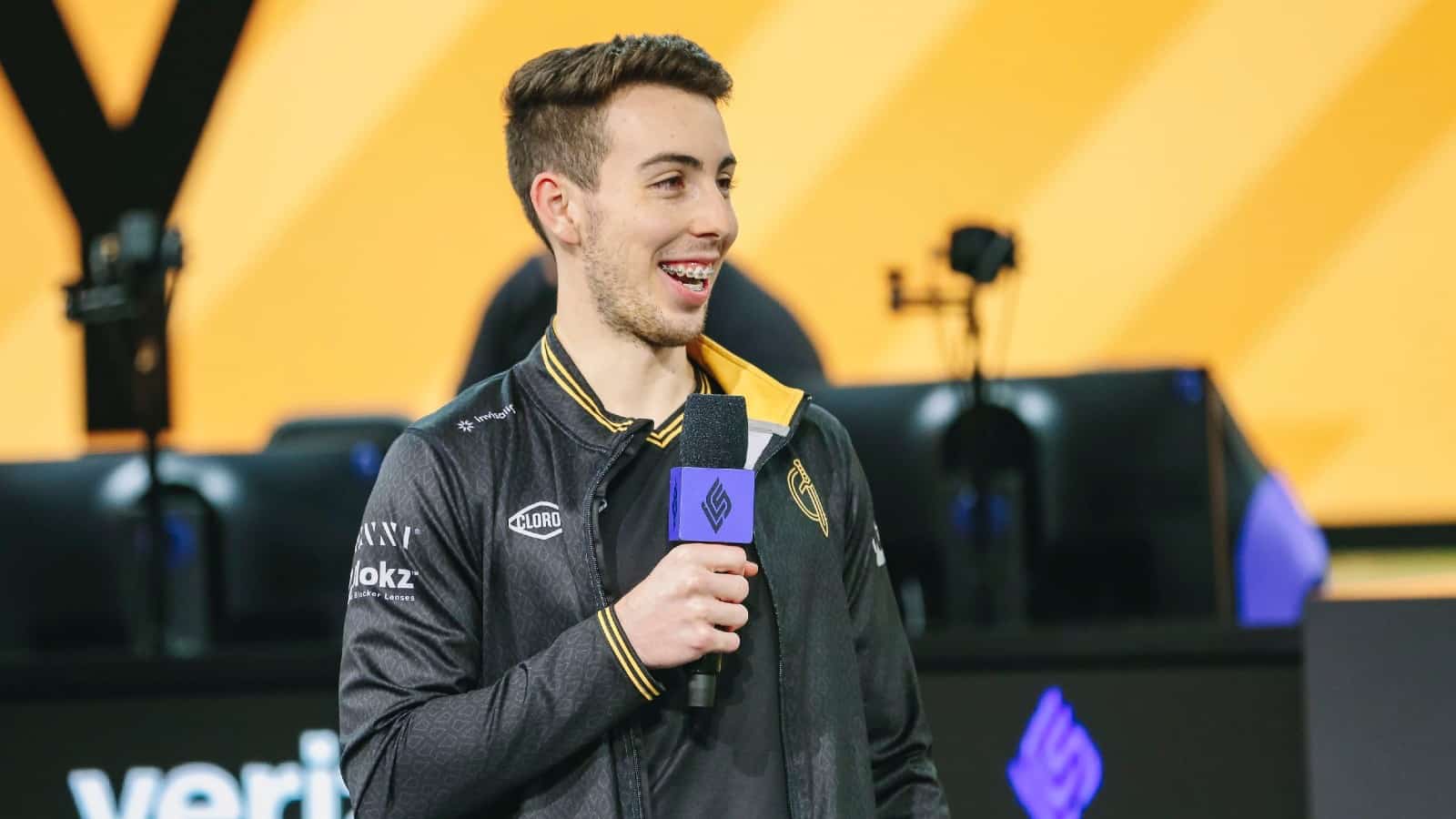 Riot Games/Oshin Tudayan
Riot Games/Oshin Tudayan Ultimately, it’s because the tournament doesn’t matter. It offers no qualification for any international events, and no championship points of any kind. Players are competing mostly for bragging rights and prize money.
Teams can either choose to have their rosters play in stage games in the hopes of winning a trophy and a $150,000 prize, or gain an extra two weeks of practice time. If teams are looking for an international qualification spot, which this tournament does not offer, the choice is a no-brainer.
Moreover, the current global health crisis and subsequent restriction of travel mean that many teams do not even have the luxury of having their players in the country for the tournament. The 2021 Lock In saw junglers Mads ‘Broxah’ Brock-Petersen and Lucas ‘Santorin’ Larssen unable to compete due to issues acquiring visas as international bureaucracy had essentially halted.
This year has been more of the same, with multiple teams fielding entire academy rosters or individual academy players while the rest of their team scrambles to tie up loose ends before the Spring Split starts.
There is no reason for LCS orgs to go through the organizational heartache of having their entire roster present for the start of the tournament. Instead, they can give their academy rosters valuable stage experience in what is universally considered a fairly low-stakes atmosphere.
The problem with NA’s scrim environment
Ex-Cloud 9 coach Alfonso ‘Mithy’ Rodriguez described North America’s Spring Split games as “useless” and something that takes up time that could be spent bootcamping abroad.
The Lock In tournament has done little to fix that issue, and that means that North American teams are still stuck in a restrictive scrim environment where they can only play a set few teams. Mithy compared the NA league environment to that of the LPL, LCK, and LJL, where close proximity means that teams from all three regions can scrim each other with little to no lag or time zone disparity.
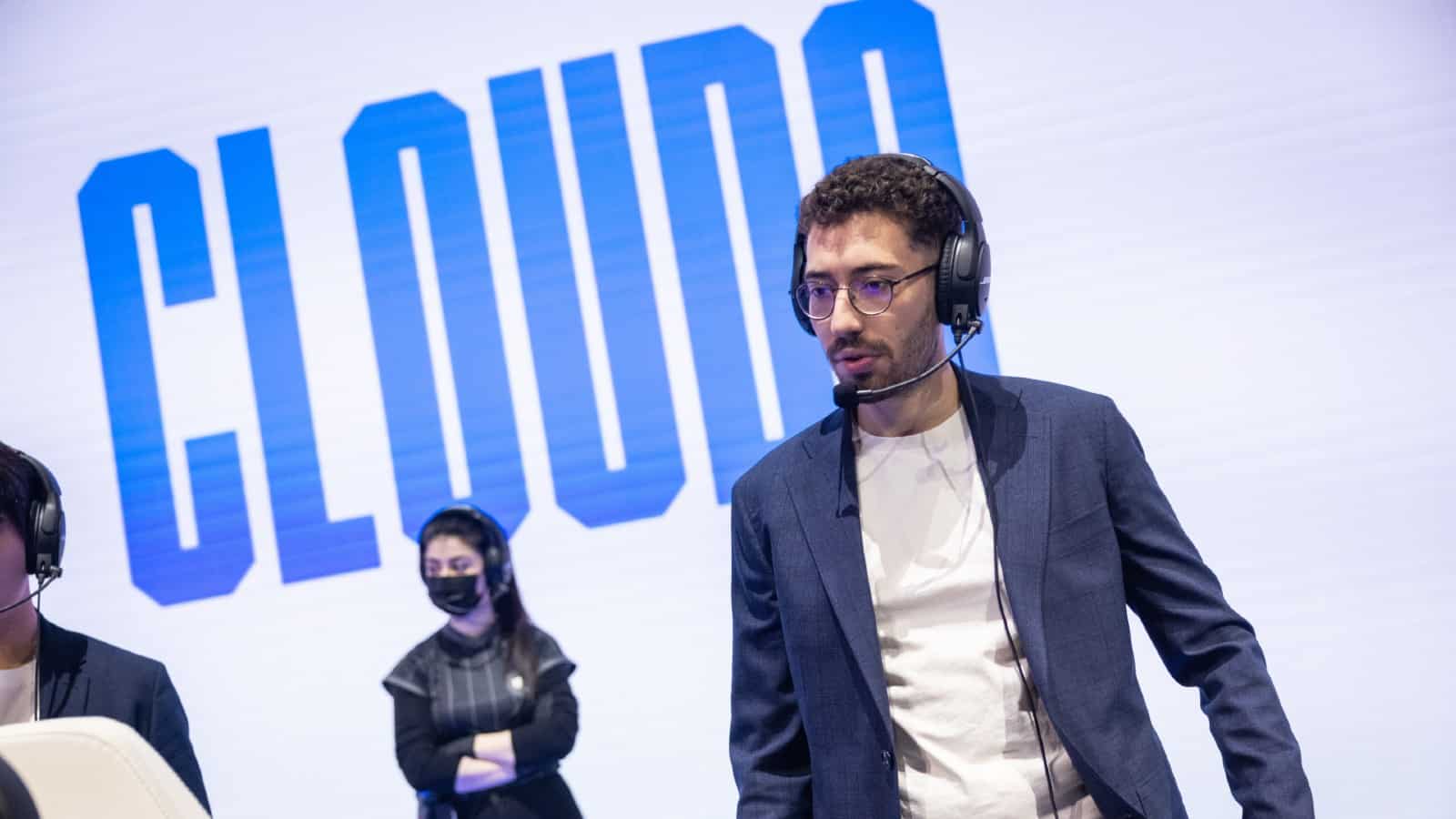 Riot Games
Riot GamesLEC sides, too, have the opportunity to scrim teams from Europe’s regional leagues during their competitive season. North America is stuck playing against the same set of opponents for the entire year.
- Read more: LCS 2022 power rankings leading into Lock In
Ultimately, bootcamping in Korea instead of playing the Lock In tournament is not going to win North America a World Championship. The region has far more deep-rooted issues that won’t be fixed by playing abroad for two weeks.
However, it’s also true that the Lock In tournament serves much more of a purpose for fans than it does for players. It is essentially a scrim bracket with a cash prize and bragging rights as a reward. While it does offer the chance for new rosters to build synergy, and to see some of the academy prospects in action, it doesn’t really accomplish what it was set out to do.
